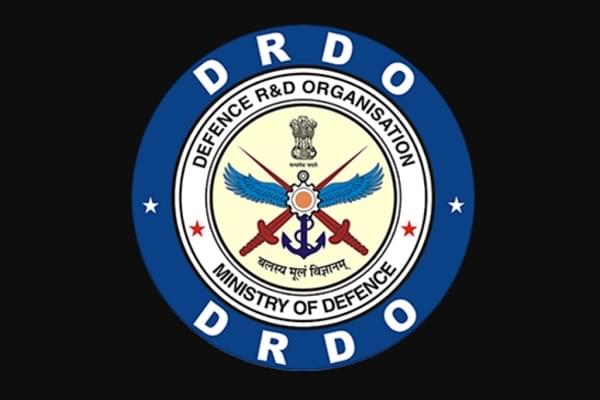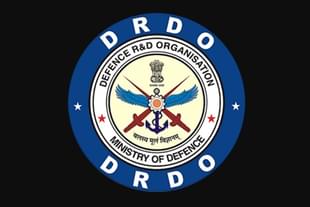Insta
Another Milestone For India: DRDO Lab Develops Crucial Quantum Based Tech For Random Number Generation
Swarajya Staff
Dec 30, 2020, 10:02 AM | Updated 10:02 AM IST
Save & read from anywhere!
Bookmark stories for easy access on any device or the Swarajya app.


The Defence Research and Development Organisation (DRDO) has developed a Quantum Random Number Generator (QRNG) which detects random quantum events and converts those into a stream of binary digits.
Random numbers have essential roles in many fields, such as quantum communication, cryptography (key generation, key wrapping, authentication etc), scientific simulations, lotteries and fundamental physics experiments.
The generation of genuine randomness is generally considered impossible with classical means. Quantum Mechanics has the inherent potential of providing true random numbers and thus has become the preferred option for the scientific applications requiring randomness, an official release said.
The quantum-based technology for generation of random numbers has been developed by Mumbai-based DRDO Young Scientist Laboratory for Quantum Technologies (DYSL-QT).
The laboratory has developed a fiber-optic branch path based QRNG.
Branch path based QRNG is based on the principle that if a single photon is incident on a balanced beam splitter, it will take either of the beam-splitter output paths randomly. As the path chosen by photon is random, the randomness is translated to sequence of bits.
QRNG system developed by the laboratory has passed the global randomness testing standards including NIST and Die-harder Statistical Test Suites at the speed of ~150 kbps after post-processing, the release said.
The generated random numbers are also evaluated and verified using DRDO’s indigenously developed Randomness Testing Statistical Test Suite of SAG.
With this development India has entered the club of countries who have the technology to achieve the generation of random numbers based on the Quantum phenomenon, the release added.





